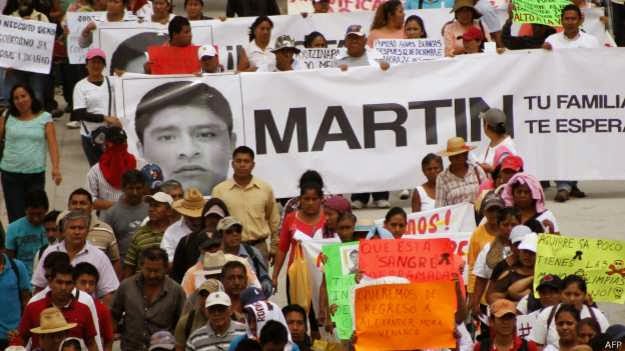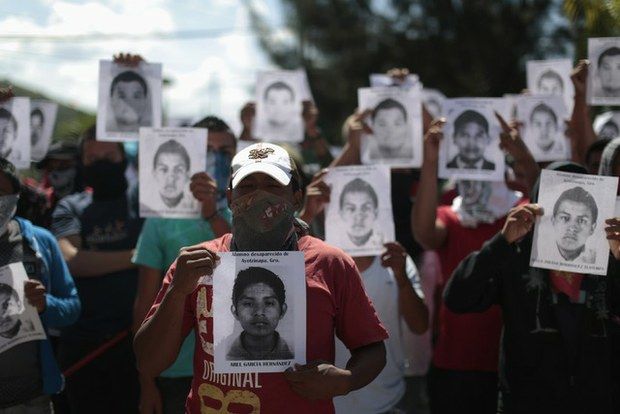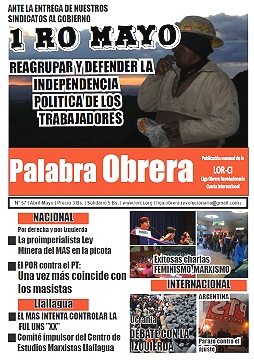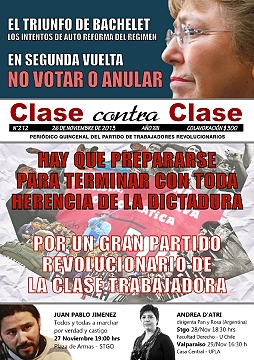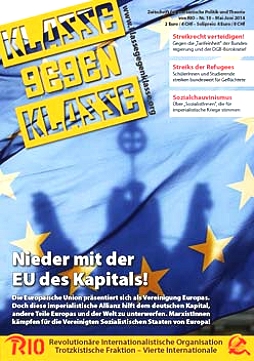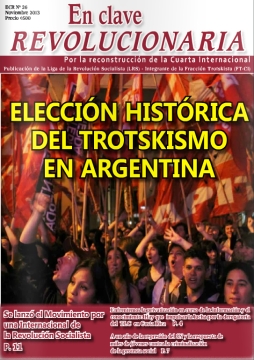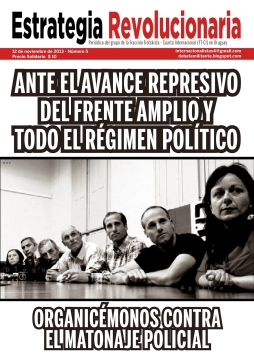Cuba
Economic crisis, austerity for the workers & capitalist restoration
05/11/2012
By Diego Dalai
November 1, 2012
For years, the international economic crisis has been exerting pressure on the local economy, mainly through falling nickel prices (the country’s second-largest foreign-currency income), the increase in food prices (Cuba must import 80% of the food that it consumes, and this is the main expenditure in dollars that it has to make), and scarcity of credit. What has prevented the economy from collapsing, from 2008 until now, is the financing in various ways that Venezuela (the biggest economic partner since 2003) gives Cuba.
In the first place, oil at a bargain price, that covers 50% of the national demand. And, in second place, paying professionals in health care and education (there are some 30,000 Cuban professionals in Venezuela) for services.
China has been the other big commercial partner (the second-largest since 2006). It provides Cuba with products, machinery (bicycles, busses, electrical appliances) and spare parts. At the same time, it has become the main buyer of nickel (of which Cuba is the biggest exporter in the world), and a key investor in this key sector of the local economy. To a lesser extent, although more important strategically, has been the entry of Brazilian capital, mainly in investments in the port of Mariel (a few kilometers from Havana), and in products of little “value added,” like biocombustibles (despite the rhetoric Fidel once had against this modern economic branch).
Austerity against the workers
Next to this, since 2008, Raúl Castro’s government has undertaken a series of reforms and austerity measures that have contributed to avoiding economic collapse. From the strictly financial point of view, he reduced the huge fiscal deficit through elimination of subsidies in several sectors of the economy and by detaching some activities that passed from the state to the private (self-employed) sector, a big reduction of the ration book (that would cover about a third of the monthly needs of a typical family) and the laying off of tens of thousands of government workers (the original plan was to fire 500,000 employees up to 2013, but it had to be “revised” by postponing its application, because of the discontent that it was creating among broad groups).
In order to avoid economic paralysis and hundreds of thousands of inhabitants’ falling into poverty, the development of self-employed activities on a scale never seen since 1959 was encouraged. The economic activities (trades) authorized for self-employed work jumped from some few dozens to almost 200. The slightly more than 100,000 Cubans that were engaging in this kind of independent work tripled, exceeding the 300,000 that are now legally authorized to practice any type of profitable activity. The selling of products for construction wholesale, outside of the state-owned stores, was allowed, and the hiring of employees was legalized. Since 2010, the handing over (leasing, that is, formally keeping state ownership) of idle productive lands to individual farm laborers, has begun. This process continues to be intensified, creating a prosperous layer of farm laborers, that tends to enrich itself and is pressing for more market reforms, at the same time that it gradually intertwines with the bureaucracy as necessary partners.
All this has given a certain dynamism to the most prosperous groups in society, especially those with access to dollars, that allows them a certain small-scale investment for this type of activities.







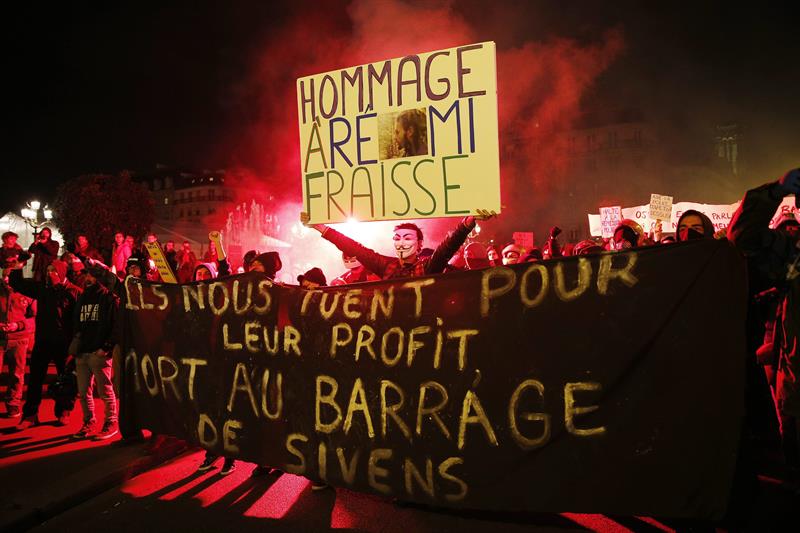
![Declaration of the Movimiento de los Trabajadores Socialistas [MTS] facing the brutal murder and disappearance of the normalistas students of Ayotzinapa](https://www.ft-ci.org/IMG/arton8590.jpg?1687978277)
